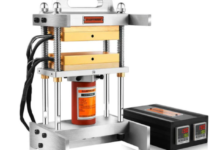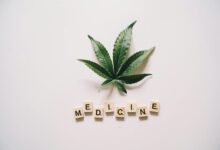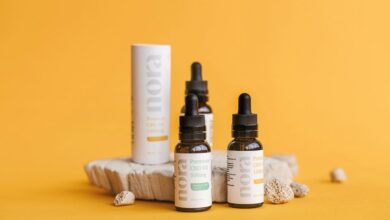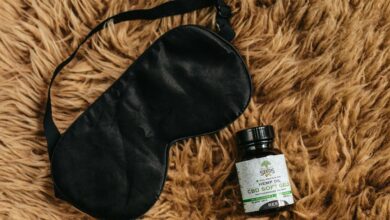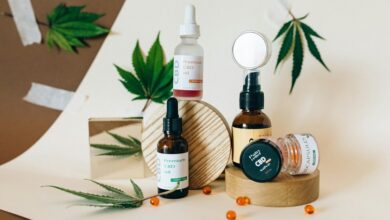Does Cbd Make You Fail Drug Test

The relationship between CBD products and drug tests warrants careful examination. While CBD itself is non-psychoactive, many products contain THC, which can result in a positive drug test. Full spectrum CBD, containing trace amounts of THC, poses a greater risk compared to CBD isolate. Understanding the nuances of these compounds is crucial for users, especially those subject to workplace drug testing. The implications of these findings may influence choices significantly. What factors should one consider when selecting a CBD product?
Understanding CBD and Its Components
Cannabidiol (CBD), a prominent compound derived from the Cannabis sativa plant, has garnered significant attention for its potential therapeutic benefits.
As interest in CBD legality grows, consumers seek clarity on its implications. Research indicates that CBD may alleviate anxiety, reduce inflammation, and promote sleep.
However, understanding the legal landscape is crucial for individuals seeking to harness CBD benefits without unintended consequences.
The Role of THC in Drug Testing
Understanding the distinction between CBD and THC is vital when discussing drug testing outcomes.
THC metabolites are the primary concern in drug testing, as they can remain detectable long after use, often exceeding standard testing thresholds.
Drug testing standards typically focus on these metabolites, leading to potential false positives for individuals consuming CBD products that may contain trace amounts of THC.
This complicates the landscape for users seeking freedom from such repercussions.
Types of CBD Products and Their Impact
A variety of CBD products are available on the market, each with distinct characteristics that can influence drug testing outcomes.
Full spectrum CBD contains THC, potentially leading to positive results. In contrast, CBD isolate is devoid of THC, minimizing risk.
Broad spectrum CBD contains multiple cannabinoids without THC, while other hemp derived products may vary in composition, impacting drug test results significantly.
Navigating Drug Testing Policies and Procedures
The complexities of drug testing policies and procedures require careful consideration, particularly for individuals using CBD products.
Understanding specific drug testing protocols is essential to ensure policy compliance. Employers may have varying standards regarding THC levels, necessitating thorough knowledge of the CBD source and formulation.
Individuals must navigate these policies to protect their rights while minimizing the risk of unintentional non-compliance.
Conclusion
In the intricate landscape of CBD consumption, users must tread carefully, akin to navigating a minefield. The presence of THC, even in minute traces, can trigger unexpected positive results on drug tests, casting a shadow over the perceived benefits of CBD. By understanding the nuances of full spectrum versus isolate products, individuals can better safeguard their professional aspirations. Ultimately, informed choices illuminate the path, allowing for the potential therapeutic advantages of CBD without the looming threat of disciplinary repercussions.

